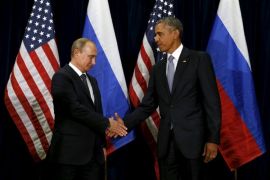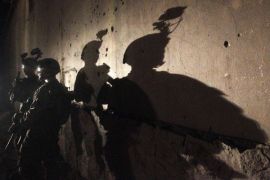In the southern Taliban stronghold, "considerable advances" had been made in securing Kandahar city and its environs, said International Security Assistance Force (ISAF) spokesman Brigadier General Carsten Jacobson.
"The success has been so great that insurgents have largely lost control of the area and now rely on IEDs (improvised-explosive devices) as their primary method of attack," he said.
And in the east, forces "significantly disrupted the Haqqani network through Operations Shamshir and Knife Edge, where coalition forces captured or eliminated over 500 insurgent leaders and fighters last fall."
The Haqqqani network has been blamed for a series of high-profile attacks in Kabul, including one on the US embassy in September last year.
The network is based in the Afghan-Pakistan border region, which Jacobson said would remain a key focus for operations.
Kabul itself had "become a thriving commercial capital, able to absorb and respond to spectacular attempts to disrupt security with resolute response to insurgent attacks, leaving the insurgents largely in a state of failure."
Jacobson said Afghan forces were clearly in control of the city, as part of a phased transition ahead of a pullout of NATO combat troops in 2014.
His remarks came in stark contrast to perceptions that security has worsened in the Afghan capital over the last 12 months with a series of spectacular attacks on Western targets, such as the US embassy siege.
The Afghan army was now almost 180,000 strong, the police had nearly 144,000 men and women in uniform, and by spring of this year security responsibility for more than 50 percent of Afghanistan will be under Afghan control, he said.
(Uu.G003/B002)
Editor: Priyambodo RH
Copyright © ANTARA 2012









